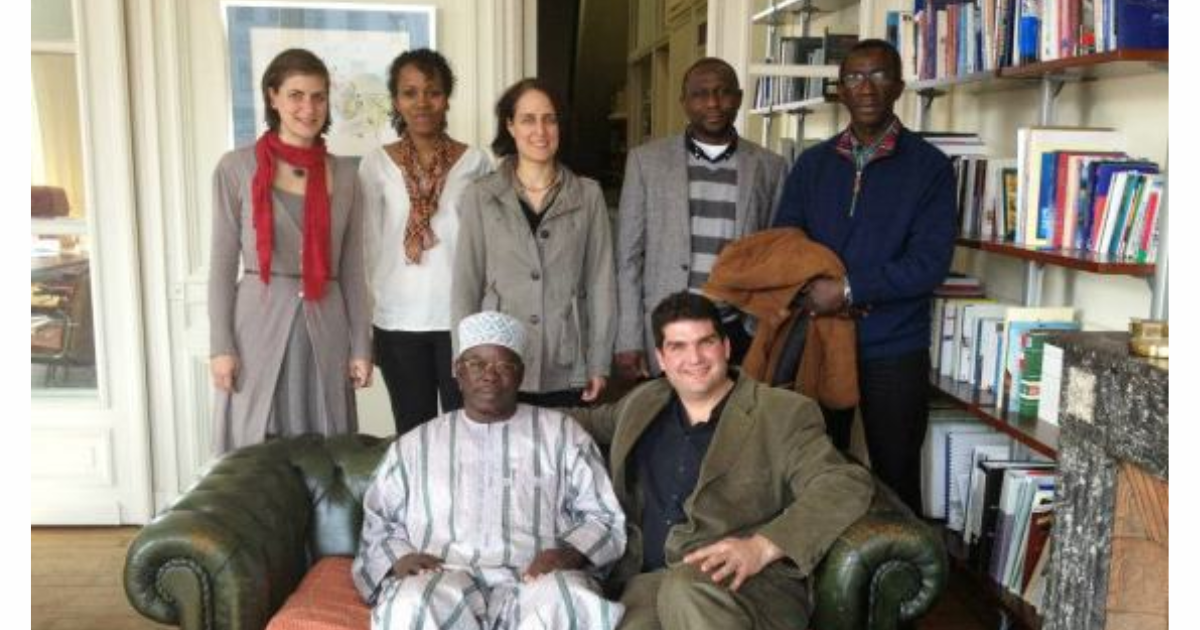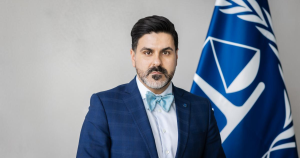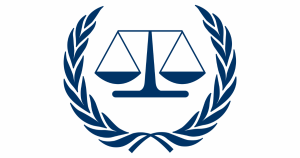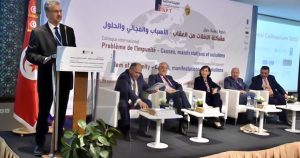Brussels, 16 March 2012
On 16 March 2012, No Peace Without Justice organised a meeting with Imam Cissé, founder of the Abidjan-based Ivorian Fondation Djigui la Grande espérance (the Great Hope of Djigui Foundation), which was hosted by Niccolo’ Figa’-Talamanca, NPWJ Secretary-General, in NPWJ Brussels office.
Imam Cissé is an influential and well-respected activist in the Ivory Coast, who has been working tirelessly to sensitize all levels of Ivorian society and ultimately eliminate female genital mutilation (FGM) nationwide. He was part of the BAN FGM Coalition Delegation who participated in the 56th session of the UN Commission on the Status of Women (CSW) in New York, to advocate for the adoption by the UN General Assembly of a resolution banning FGM wordlwide. Imam Cissé highlighted that among the significant results of the CSW 56th session which concluded on 15 March, is a Decision which recommends that the issue of female genital mutilation (FGM) be taken up for consideration by the United Nations General Assembly at its forthcoming 67th Session as part of the agenda item “Advancement of women”.
During the roundtable discussion, Imam Cissé stressed that FGM is a human rights abuse derived solely from local customs and traditions – and not from religion. Although this practice has been legally banned in the Ivory Coast since 2008, political instability has hampered implementation of the law such that perpetrators go unpunished and practice of FGM remains widespread. In an effort to eliminate practice of this illegal and harmful act, the Imam travels from community to community, addressing religious and traditional leaders, media professionals, and youth through lectures, meetings and seminars, as to the negative health and human rights consequences of FGM. And, after dedicating more than a decade in this manner, Imam Cissé has identified what he believes to be the most effective means of harnessing support for his campaign: exposure, often via video or images, to the negative health repercussions suffered by the victims of FGM.
The results of his efforts, and the efforts of the many volunteers comprising his Foundation, have been profound: the creation of a network of religious and community leaders dedicated to the abolishment of FGM; an end to the taboo against anti-FGM activities and education, including the introduction of FGM in the curricula of the Ivorian Faculty of Medicine; and the mobilisation of media, including his Foundation’s own 24-hour radio station, to publicize the illegal and unjust reality behind FGM. Today, the main challenge that anti-FGM activists in the Ivory Coast face is a dearth in communicative and logistical tools, complicating efforts to comprehensively and efficiently spread the campaign throughout the country. A UNGA Resolution banning FGM could be a pivotal instrument to spur greater harmonization of legal tools and mechanisms against FGM not only in Ivory Coast and other African countries but in the numerous affected countries around the world as well as to provide strong and clear support for activists everywhere working to bring an end to FGM.
Ban FGM Campaign
Over the past years, the members of the Ban FGM Coalition have collaborated on several initiatives to raise awareness internationally about the need for a UNGA Resolution banning this human rights violation, gathering the support of human rights activists, women’s organizations, parliamentarians and government representatives from throughout Africa and Europe.
On 27 February, at the 56th Session of the UN Commission on the Status of Women (CSW), a high-level parallel event convened by the Ban FGM Coalition provided further substantial confirmation of the strong commitment by African States to support the process now underway. The meeting, opened by Executive Director of UN Women Michelle Bachelet, had as its keynote speaker H.E. Mrs Chantal Compaoré, and included speeches by seven Ministers (Cameroon, Cote d’Ivoire, Guinea, Italy, Niger, Togo, Tunisia).
For more information, contact Alvilda Jablonko, Coordinator of the FGM Program, on ajablonko@npwj.org, phone: 32 2 548 39 13 or Nicola Giovannini, Public Affairs Coordinator on ngiovannini@npwj.org, phone: +32 2 548 39 15.




